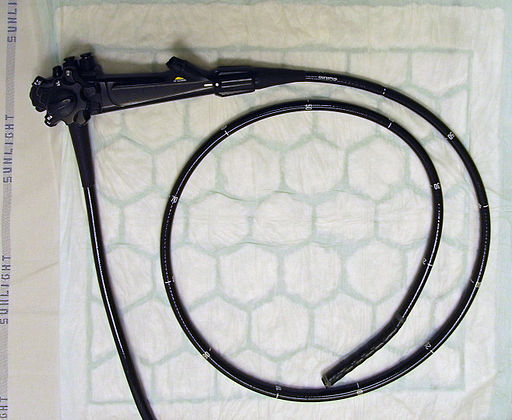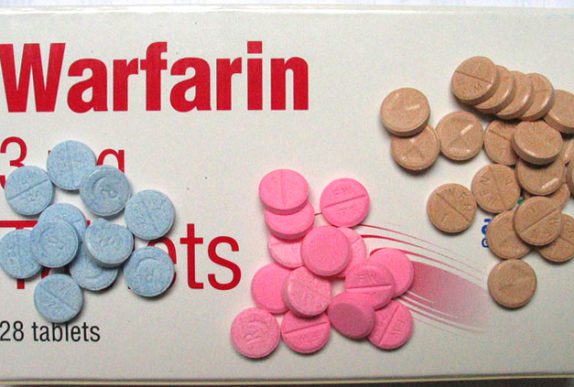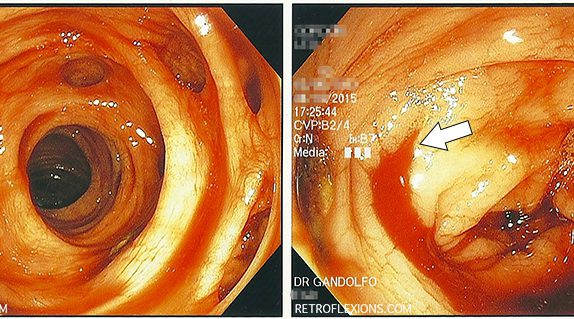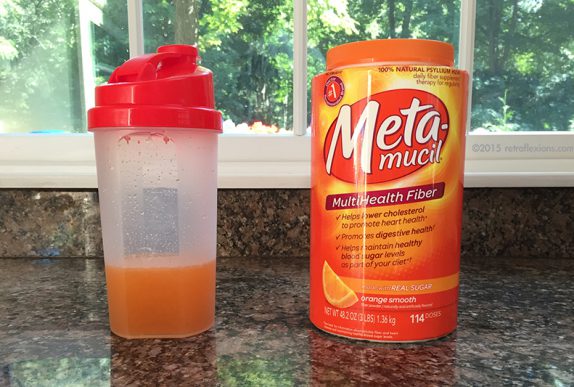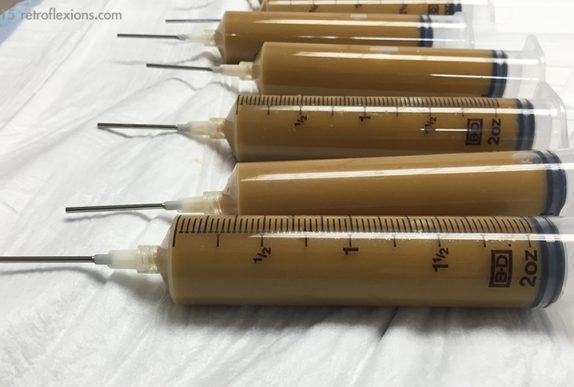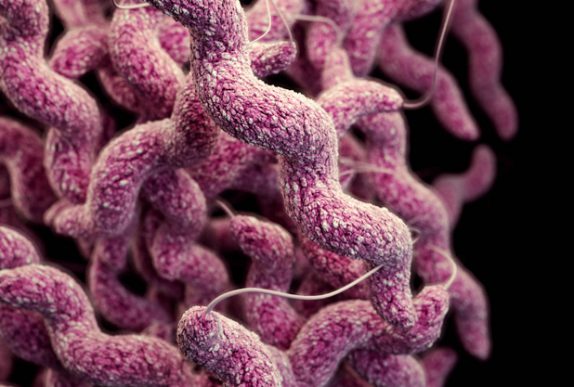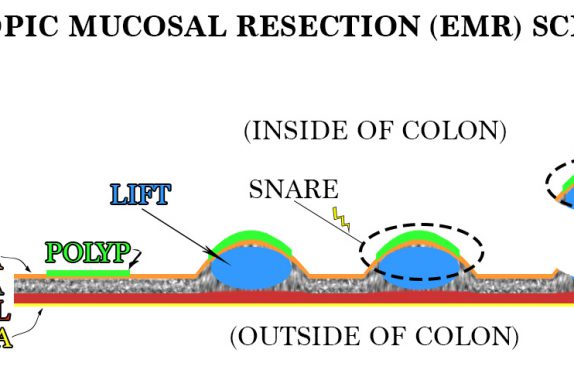Overtesting and over treatment are big problems in modern medicine. It sometimes goes like this: Have a minor complaint? It's probably nothing, but we should do an exhaustive workup because there is a 0.00001% chance it could be cancer, maybe. However,
Most people know that they cannot eat anything after midnight if they have a procedure scheduled the next day. However, what about when a procedure is not actually scheduled? Sometimes a little bit of common sense and a little foresight needs to be applied to avoid having a procedure delayed an entire day because of the NPO rules. Here are two common situations that I encounter (without exaggeration) several times per week:
"Is it bad" is an honest question. "Is that bad" is usually also an honest question, but one that is much more difficult to answer. Patients usually ask "is that bad" without actually having a diagnosis yet. At the end of our visit I try to summarize the pertinent issues and I will usually list a few of the possible diagnoses that may explain the symptoms. Then we will come up with a plan to test for these diagnoses. I might say "This is probably irritable bowel syndrome, however some of the symptoms could be consistent with Crohn's disease or ulcerative colitis. We need to do further testing to figure out which one it is."
I call this the "Attribution Sign" and once you notice this is happening it is important to remain objective about the history and not fall into the trap that the patient is (inadvertently) setting for you. That is, don't place too much weight on the patient's attribution and don't let it skew your judgement.
Is this common practice of bridging from Coumadin to an injectable anticoagulant back to Coumadin necessary? From a practical point, it is usually a major inconvenience for patients and doctors alike. Many patients are uncomfortable giving themselves injections at home. The injectable anticoagulants are sometimes expensive. Sometimes despite good instruction, they are administered incorrectly by the patient, or on the wrong dates. What if Coumadin was just held and later restarted without the bridging?
(Don't click if you don't want to see blood!) Diverticular bleeding can happen without warning, and is painless. A large volume of bright red or sometimes dark red blood per rectum is often the only symptom. In most patients who are not on blood thinners, diverticular bleeding eventually stops by itself.
I find that using a shaker bottle really helps to quickly mix the fiber with water, and also allows for easy re-mixing after you start drinking. These shaker bottles are usually marketed for bodybuilders as a quick and portable way to mix protein powder
This will just be a cookbook-style post on how we do fecal microbiota transplant with colonoscopy. First, a healthy donor must be identified. The donor should be in good general health, since theoretically some problems such as obesity, diabetes, autoimmune disease, etc., may be transmitted by fecal transplant.
Some people seem to get "stomach bugs" all the time, while other people rarely have these issues. Vomiting, abdominal pain, fever, and diarrhea are the common symptoms of a variety of enteric infections that often start after the soon-to-be victim ingests the infectious organism. These bacteria have wonderful names like Salmonella, Shigella, Campylobacter, E. coli, Vibrio, and C. difficile, just to name a few. The symptoms of gastroenteritis and infectious colitis can range from a minor annoyance to life-threatening dehydration due to ongoing vomiting and diarrhea.
Many lesions that have been deemed "not endoscopically resectable" can actually be safely removed by a gastroenterologist with training and experience in EMR.
Small beads of sweat were already forming on his forehead before he entered the kitchen. He walked into the back where the chef, who was working furiously, didn’t even notice him. “Excuse me, Chef?” the waiter managed to peep out, barely audible above the kitchen clamor. There was no answer. “Um, excuse me, Chef?” the … Read more
We have established that the microbiome is important. But what makes up a healthy microbiome? In one word...
